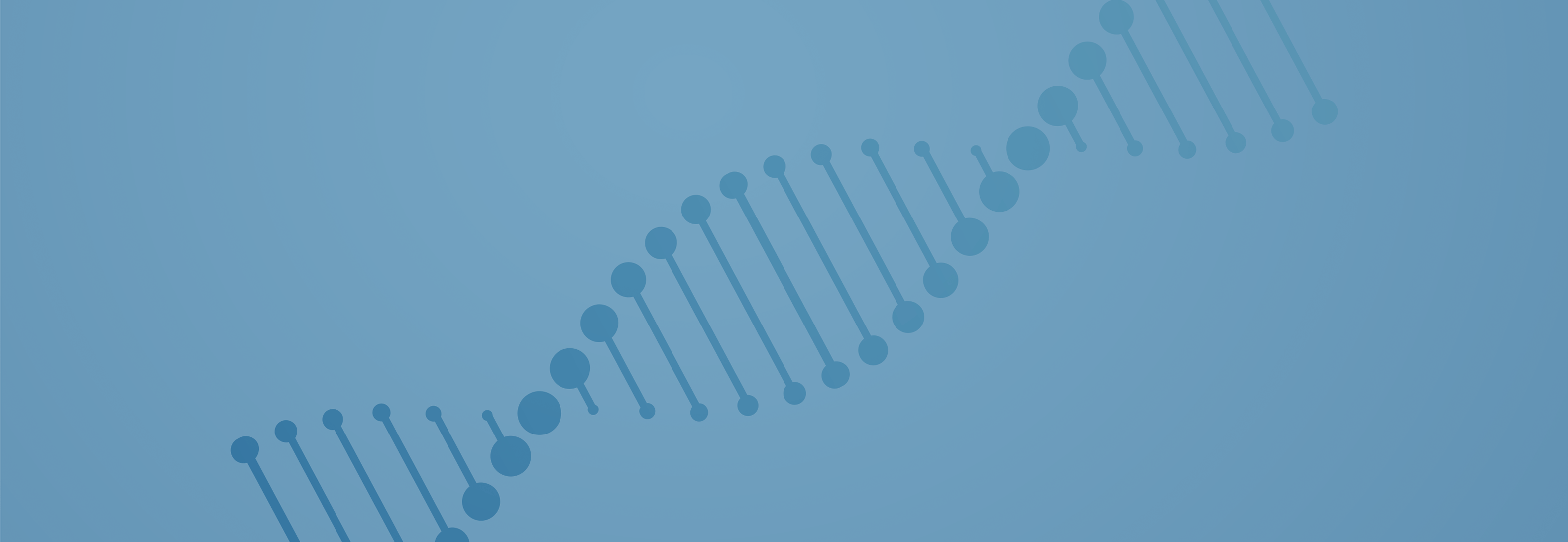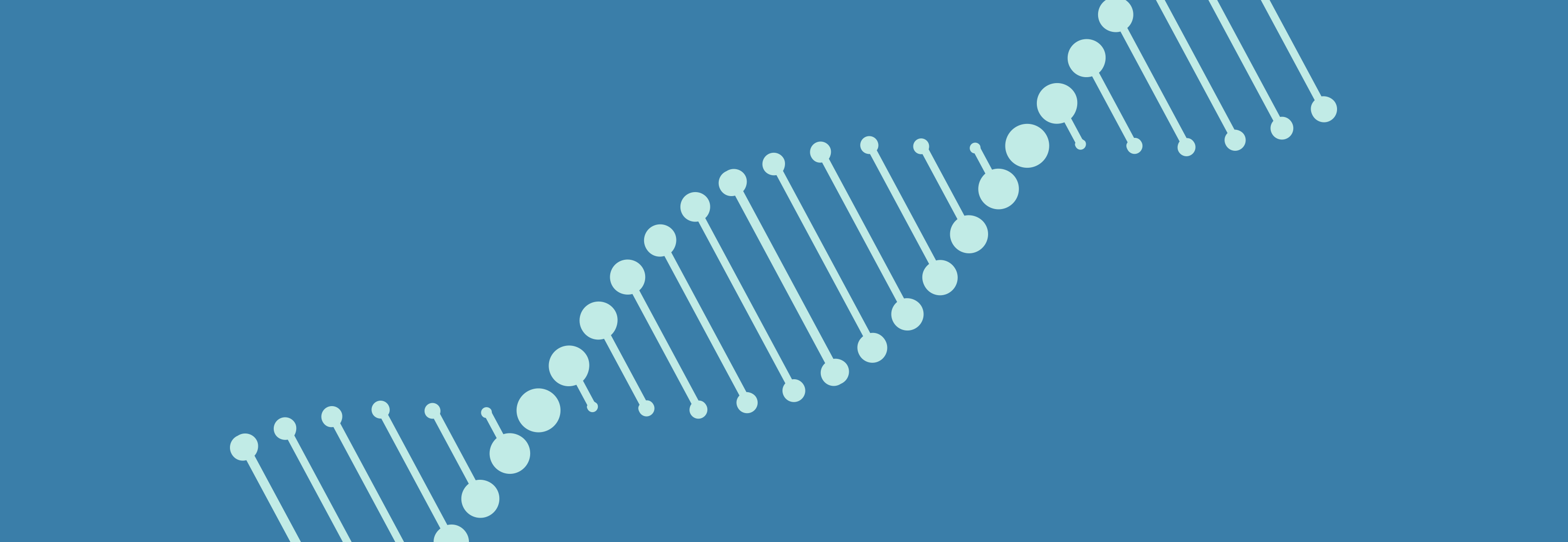


We offer an Integrated ANIMAL CLONING SERVICE in order to genetically preserve and reproduce the stored cell line.

Our vision is "to serve clients by applying genetic and reproductive technologies to meet the growing demand of pet cloning".
HORSE CLONING PROGRAM

The horse cloning allows producing a foal, which is identical to the donor. We ensure to breeders and horse owners to extend their horses‘ reproductive life. The cloning of the horse is relatively as simple as a process of transfer of the chromosomes of a cell from the donor horse into the cytoplasm of an egg.
Many horse owners around the world have already preserved their horse genes to gain reproductive services later on.
Science has made it possible to genetically replicate a horse by cloning process.
Protect your elite horse genetics through genetic preservation (GP) and Cloning Services.

THE PROCESS
The cell will be implanted in the unfertilized egg after the removal of DNA. The embryo is then implanted into the uterus of the subrogate horse. Normal gestation period takes place before the birth of a genetic identical horse.



OUR PLANS
FREQUENTLY ASKED QUESTIONS

What is a cloned pet?
A cloned horse, dog or cat is simply an identical twin of the donor animal that is born at a later date. A cloned horse, cat or dog shares the exact genetic identity of the donor pet–just as naturally occurring identical twins share the exact same genes.
Are cloned animals delivered through natural birth?
Yes. In the rare situations where c-section birth is required, Bioquest is equipped to deliver foals, puppies and kittens in this manner as well.
Is an animal born through the cloning process physically and behaviorally identical to the “original” animal?
Animals delivered by cloning have the same genes as their donor animals and will be the closest match possible to the donor. This is best described as identical twins born at a later date. The new animal will be the same sex as the donor, but just as it is in nature, may have slight phenotypic differences, such as different markings due to natural epigenetic factors. The environment does interact with genetics to impact many traits such as personality and behavior.
Do animals delivered by cloning have normal lifespans?
Yes. Cloned animals do have lives of normal lengths. This has been demonstrated across many species. The current age of the donor animal does not have any impact on the aging of the new cloned animal.
Are cloned animals healthy?
Bioquest provides our clients with a veterinarian inspected healthy clones animal. As animals age they face the same environmental risks as other animals in similar environments.
How long does it take to GP or clone a pet?
Your Bioquest Pets counselor will be able to provide you with feedback regarding your genetic preservation (GP) process in less than 4 weeks from the submission of your sample. GP cell growth timelines can vary but Bioquest Pets will keep you informed along the way.
The cloning process requires the same gestation (60-65 days) and nursing process (56 days) as with any pet breeding technique.
Bioquest works with clients in the order in which they are received, and timelines can vary slightly based upon current pet cloning client demand.
Is there an ideal pet age or moment in time to do a biopsy of my pet for GP or cloning?
Any pet age is fine. It also is most convenient to do the tissue biopsy during routine and normal veterinarian visits such as vaccinations, testing for allergies, dental check-ups and procedures, and spay/neuter surgery.
Does genetic preservation or cloning involve genetic modification (GMO)?
No. Bioquest genetic preservation and cloning services do not involve changing or altering of your pet’s genetic material in any way. GP and cloning simply preserves the exact genetic identity of your cat or dog. A cloned animal simply shares the identical genes from the donor pet, just like naturally occurring identical twins do.
How do I know that my genetically preserved or cloned pet is authentic?
Bioquest Pets provides our clients with a genetic report from an independent genetic laboratory which compares the DNA sample taken during the donor biopsy with the DNA sample taken from the Bioquest´s produced cloned. This report will show proof that the donor and cloned pet DNA is identical
Does Bioquest provide any guarantees to pet owners who GP or clone their animals?
If for some reason Bioquest fails to achieve a successful cloned pet birth using a viable genetic sample, the cloning deposit paid by the owner will be fully refunded.There is no refund or guarantee for GP. However, should the tissue sample you send us not render a successful genetic preservation, you may send a second sample for us to culture at no additional cost.
What is the pet owner’s involvement during the genetic preservation and cloning process?
Bioquest keeps our pet owners informed each step of the way, whether for GP or cloning. Bioquest staff communicates frequently with regular updates and sends weekly photos of new foal, puppies and kittens while they are in our care.

Extend your investment.
Contact us.
